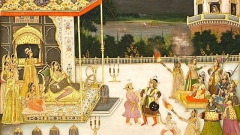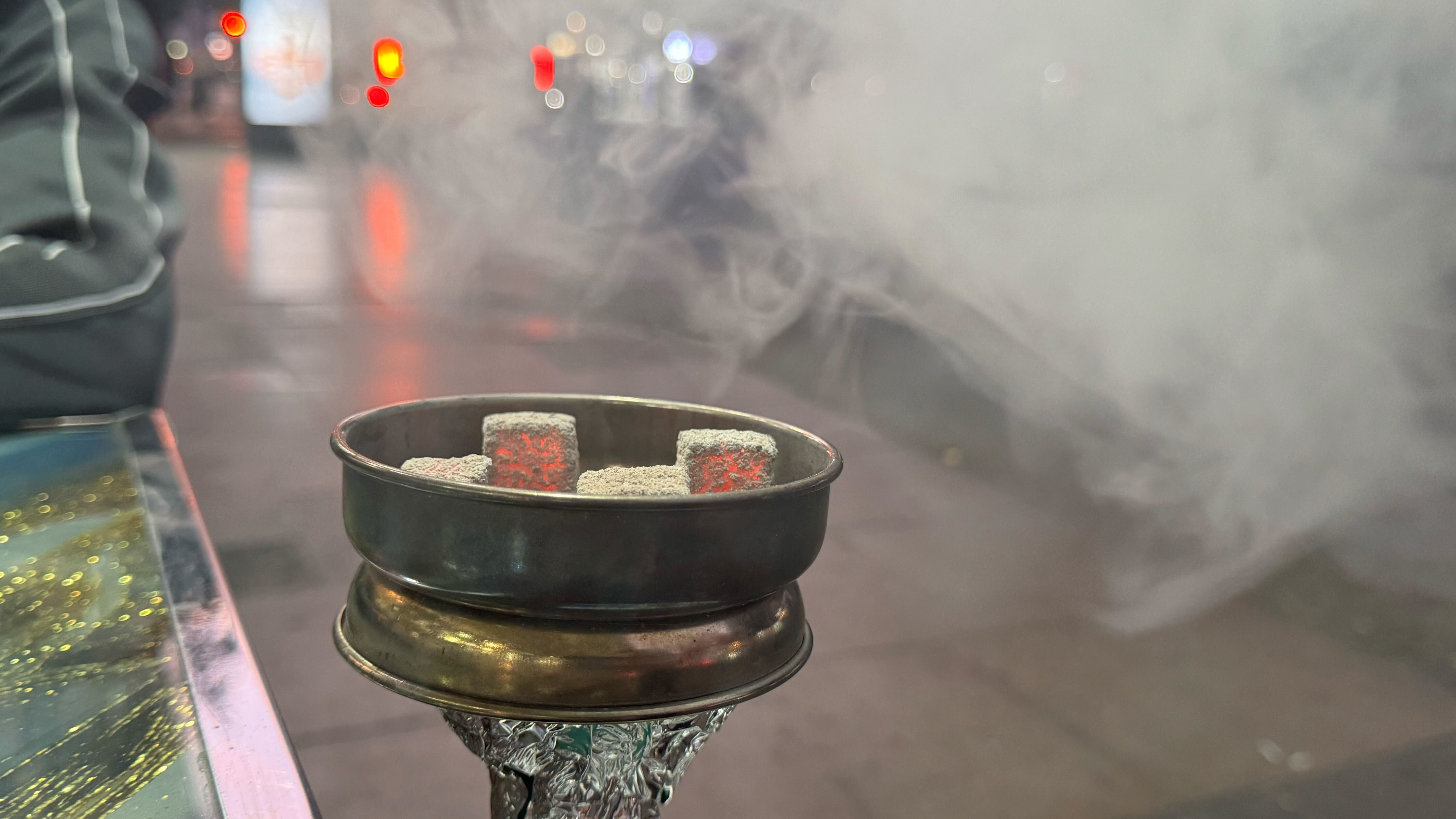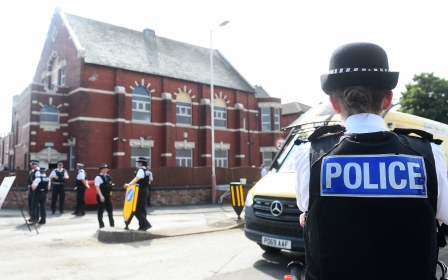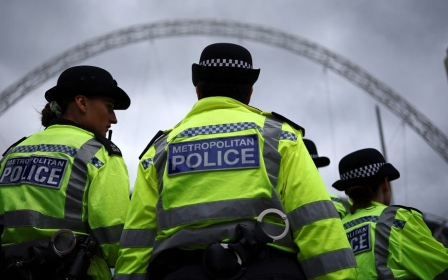Britain’s shisha cafes fear for their future as Starmer proposes outdoor smoking ban
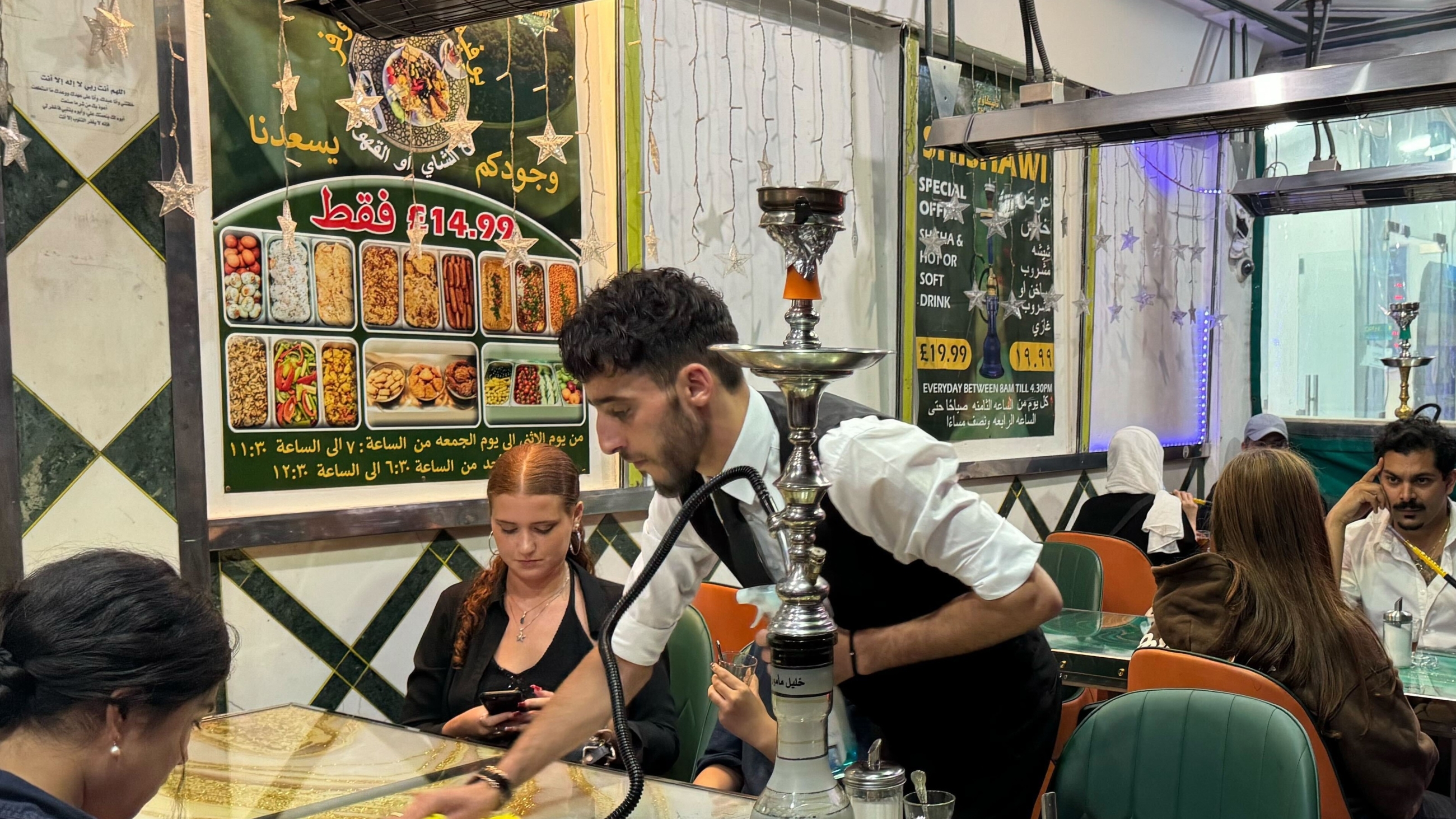
It is Thursday evening on London’s Edgware Road, renowned for its vast array of shisha cafes and Middle Eastern restaurants. As the sun sets, the streets grow busier and the cafes fill up with outdoor seating reserved for shisha smokers.
At Shishawi, a well-known shisha bar that once hosted Justin Bieber, punters drink tea, sample Middle Eastern sweets and pull on their water pipes.
There are groups of friends, young couples and older people, too - some alone, relaxing in silence after a day’s work.
There is a lot of conversation to be heard, along with the gurgling of the shisha pipes. The air is lightly scented with aromatic smoke. It is a gentle and civilised atmosphere.
But this scene may soon be designated as criminal activity.
New MEE newsletter: Jerusalem Dispatch
Sign up to get the latest insights and analysis on Israel-Palestine, alongside Turkey Unpacked and other MEE newsletters
Not just on Edgware Road but across the country, shisha culture in its public and legally permissible forms could face complete extinction.
On Thursday, Keir Starmer’s government announced it was considering a raft of new anti-smoking laws.
The unprecedented measures would ban smoking in pub gardens, restaurant terraces, outside nightclubs and sports stadiums, children’s parks, pavements near universities and hospitals and shisha bars and cafes.
Reform party chairman Nigel Farage declared on Thursday that the ban “will kill off the traditional pub forever”.
But people will still be allowed to drink in pubs, which is their main function.
Of all the places expected to be impacted by the potential legislation, shisha cafes will be hardest hit.
Smoking is the intrinsic part of their appeal, and a ban on smoking in shisha cafes means the end of shisha cafes.
What is shisha?
The waterpipe was first popularised in 16th-century Mughal India, where it was known as hookah. Its concept was simple and took off like wildfire once Emperor Akbar expressed his approval.
The hookah consists of a long pipe attached to a large water-filled bowl. The smoke is drawn through the water, which cools it.
Despite opposition from many religious scholars, hookah became a daily custom for nearly everyone who could afford it - and many who could not.
It was associated with prestige; countless late Mughal miniatures depict princes and princesses reclining in their pleasure gardens with the obligatory hookah.
The elderly and frail last Mughal emperor, Bahadur Shah Zafar, was exiled to Burma by the British from Delhi in 1857 and imprisoned until his death. A photograph from his confinement shows him lying on a bed with a hookah.
By then, the instrument had spread across the Islamic world, becoming widespread in countries such as Egypt and Yemen.
When it eventually reached Britain with Middle Eastern migrants, it grew into a new cultural phenomenon.
Shisha cafes have become a standard feature of the urban landscape in cities with large Muslim populations, such as Birmingham, Bradford and Manchester. There are over 500 cafes across Britain.
Since most Muslims do not drink and many like to avoid bars and pubs, shisha cafes offer an alternative evening activity for many.
Health experts warn of the serious health risks associated with shisha, similar to other forms of smoking. However, the overwhelming majority of shisha lovers smoke irregularly, often just on special occasions and as a social activity.
‘It brings people together’
On Thursday evening, Middle East Eye headed to Edgware Road in London to find out what punters in shisha cafes thought about the potential legislation.
Omar, the owner of Shishawi, was born in Egypt and has lived in Britain for over half a century. He told MEE he has been running the shisha cafe for 36 years.
“People come here because it’s part of the culture,” he explained proudly. “I haven’t smoked a cigarette for nine years. When I’m out, I smoke shisha. It keeps you company. I’ve smoked for 50 years.
“Churchill smoked cigars until he was 90.”
Leng, a recent university graduate, told MEE she smokes shisha once every few months.
“I like how it’s such a fun activity to do together with friends and it's such a good combination of activity, food, a really nice, relaxed fun vibe.”
A nearby punter said he has been smoking shisha on Edgware Road for years. “Shisha’s part of the staple of a lot of Middle Eastern and other shops and restaurants," he said.
“You smoke shisha, you drink tea and you speak with your friends. Everyone gets together. It’s a social event.”
When asked about the health risks, he responded: “You can’t walk around smoking shisha. It’s not like you’re doing it all throughout the day, like a cigarette. We’re all adults, and if we want to smoke shisha, we should be able to.”
In fact, he said, shisha helps bring people from different backgrounds together. “Especially with everything going on, with the amount of Islamophobia and what’s happening with the Palestinians, it’s stuff like this that creates a conversation. [People ask:] 'What’s that?' This is my culture. This is what we do.
“People want to try it and ask questions. It opens up a bigger conversation.”
‘We are losing a part of our culture’
For these shisha lovers, the prospect of a ban is deeply upsetting. “It leaves a bitter taste in my mouth,” said Elma, in her 20s.
“I do understand it’s for health reasons, but there are a lot of other ways to hopefully prevent people from starting to smoke when they're young.”
Her friend, Zohal, agrees and does not believe a ban would be effective.
“I think it’s very prohibition-esque. It reminds me of the early 20th century in America. They’re obviously trying to combat public health concerns, but I think it’s gonna create a reactionary attitude from the public and people will find their own ways of smoking.”
But many punters MEE spoke to also felt a ban on shisha cafes would be a serious loss.
“I think it might impact a lot of small businesses, particularly the Middle Eastern families who run these shisha lounges where a lot of the community comes together,” said Zohal. “It’s a shame because it’s such a cultural thing as well.”
Shishawi’s owner, Omar, bluntly expressed his views on the ban: “It will kill the social life of the people. It will destroy the business.
'I haven’t smoked a cigarette for nine years. When I’m out, I smoke shisha. It keeps you company. I’ve smoked for 50 years'
- Omar, owner of Shishawi
“You need to give the people the choice,” he insisted. “The choice to pick and choose, not to dictate [to] the people.”
At a nearby shisha bar, three friends in their early 30s told MEE they had been meeting there for over a decade. Those meetings are how they have maintained their friendship.
One of them, Rohit, described the idea of losing shisha cafes as “absolutely awful”.
“It’s a social experience that has been here for years. It’s a part of the culture here. It’s a good place to catch up.”
If the government goes ahead with the proposed plans, it could potentially mean the end for Britain’s shisha cafes.
For many, this would be a profound cultural loss. The punters MEE spoke to believe that shisha culture, far from being foreign, has become an integral part of London’s identity.
As Rohit put it: “I really feel like we’re losing a part of what Edgware Road and London stand for.
“We are losing a part of our culture.”
Middle East Eye delivers independent and unrivalled coverage and analysis of the Middle East, North Africa and beyond. To learn more about republishing this content and the associated fees, please fill out this form. More about MEE can be found here.



